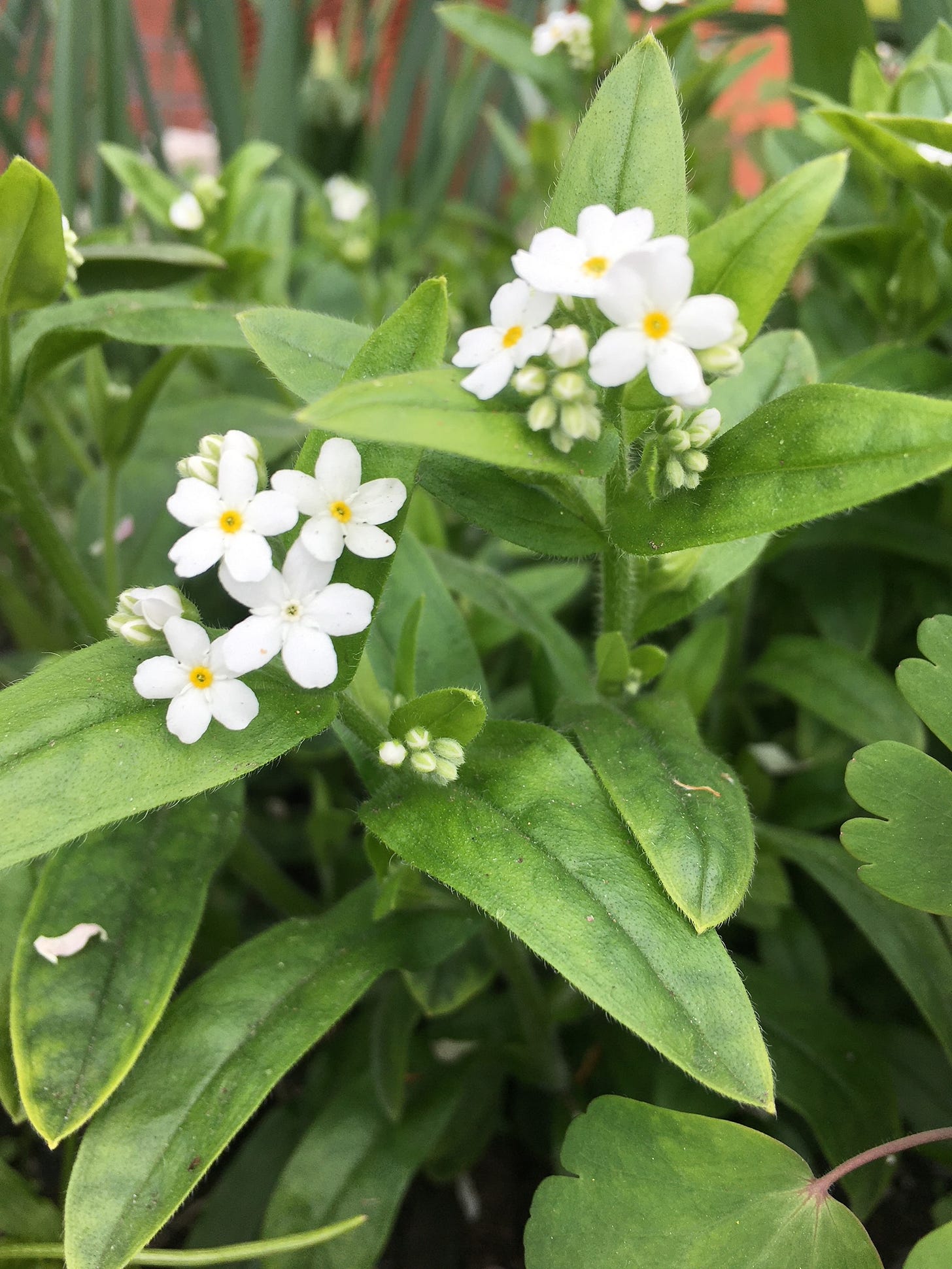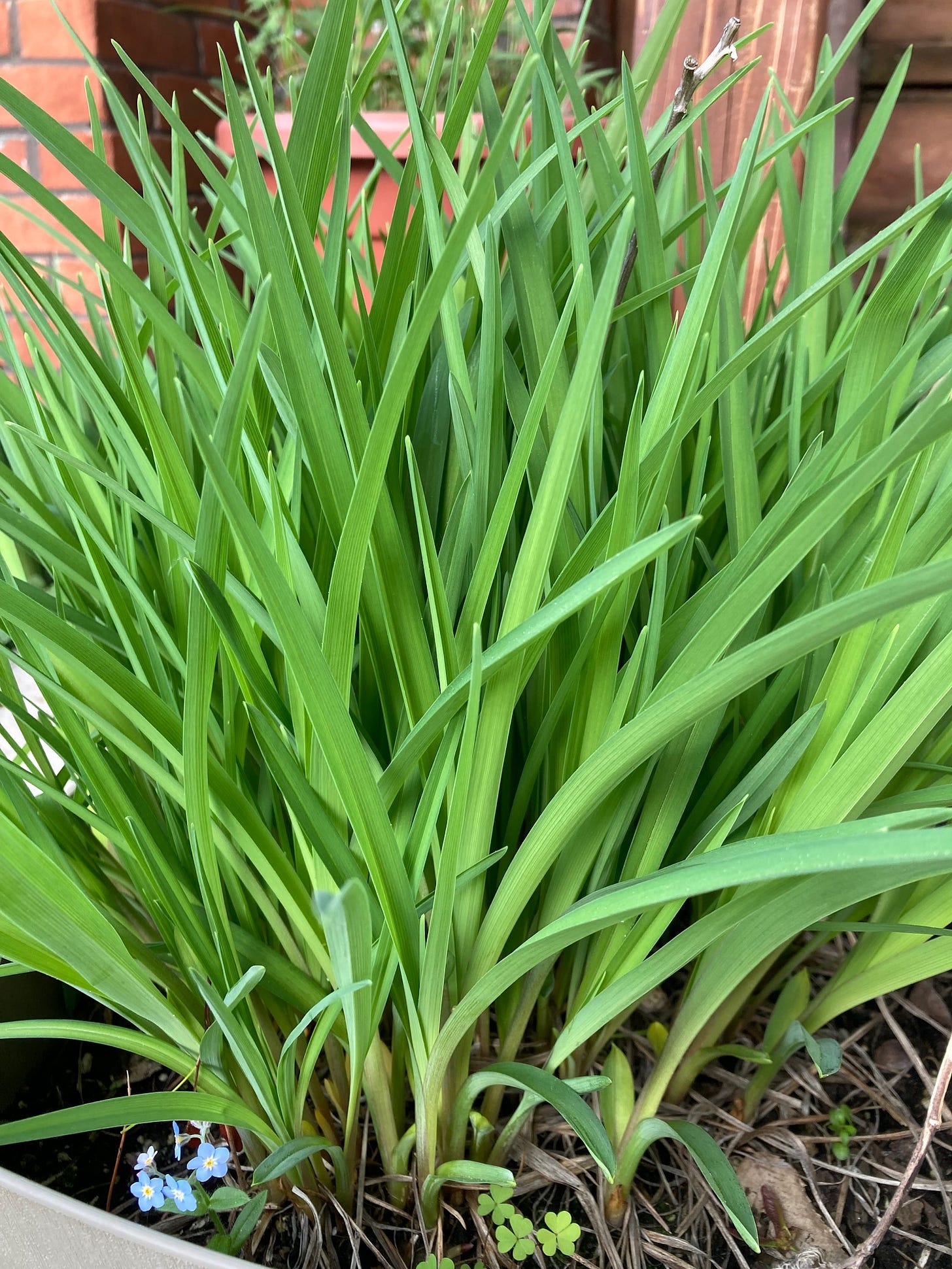My baby brother was always a little different. He was born on a Wednesday, and as the old saying goes, he was a child full of woe. My mother birthed him on a gurney, in a hospital hallway, against the urgings of the nurses and doctors telling her not to push. The labour lasted just under an hour, and he was born blue, not breathing. My parents named him Kelly, which was my mother's maiden name, derived from the old Gaelic word for war, battle, strife.
Kelly was a taciturn, solemn, and observant baby, who for the first year of his life rarely smiled, unless he was put in his jolly jumper. Then he would slowly turn himself around in the chair, winding and shortening the springs until his tiny toes were barely touching the ground, at which point he would lift both his feet and let himself spin around giddily, the thrill of it lighting his whole face up, where before there had been only the slow burn of his big, sad, watchful brown eyes.
There was a sadness about my brother, especially in his earliest years, and an odd elusive quality to his presence that manifested in strange ways - around the age of three, he began to regularly go missing from the back yard, much to my mother’s consternation, only to be found hours later in someone's garage or under a neighbour's picnic table, often in a staring contest with a cat. Cats were drawn to Kelly from a young age, every one of them seemingly his familiar, and he theirs. The elderly women of the neighbourhood loved his company, plying him with marshmallow squares or showing him their old photographs, and there he’d be munching away, saying very little. When he was asked what he’d done or talked about, he would almost never tell.
Little Kelly loved quiet places and quiet people. Recently my Auntie Anaka gifted me the rare pearl of a story about him I’d never heard before. In this memory, he and Auntie were walking hand in hand along a country road near her family farm in Grandview, Manitoba, where we spent time in the summers. Suddenly, Kelly stopped walking. 'Hear that, Auntie?', he asked. 'What, Kel?' she replied. 'No planes, no cars. The quiet. It sounds good here.'
When he was three or four, Kelly started having seizures out of the blue. The doctors ran tests on him, but were unable to make a definite diagnosis. To stave off further episodes they medicated him with phenobarbital, which made him grow a little moustache and withdraw into himself a little further. He endured weekly blood draws and regular brain scans, not to mention a raft of psychological testing. He was prescribed Dilantin, the same drug my mother had been prescribed for her epilepsy, on top of the barbiturates, and he remained on those medications, until we moved to Ontario a couple of years later and, without weaning, he was taken off them.
After our move, Kelly spent most of the next year staring out the classroom window, writing only his name on his assigned work, if that. My mother had a nervous breakdown later that year, and lay in bed for months crying. While I busied myself being the perfect student, and my father buried himself in his work, my eight year old brother snuck into our mother’s room to rub her back and tell her it was going to be okay. Kelly already knew what it was to feel sad and lost and small, and the empathy he showed at such a young age was a gift he brought to bear on every friendship he ever had.
Kelly took off into the woods behind our house a lot during this time, especially if things got loud or heated between he and I, which they often did. We fought a lot, both of us angry and scared with a mom always on the brink of tears and a dad always on the edge of exploding. Sorrow and rage looming like Charybdis and Scylla, he and I left to sail between with one oar between us. We’d fight in whispers, wrestling in silence, until one or the other of us got hurt at which point he’d jump on his BMX and I’d stand in the doorway tearfully pleading for him to stay. He’d be gone for hours, during which time I’d be frantic with worry that something awful had happened.
As he grew older and my mom got better, Kelly lost himself in the fantasy world of role playing games and imagined realities. We owned the entire collection of Choose Your Own Adventure and he revelled in knowing exactly which pages to turn to for the ideal outcome, not to mention the sheer delight he took in beating any adversary at a lengthy game of Risk. Dungeons & Dragons became so much of an obsession for Kelly it got him suspended in Grade 5. Shortly after that, the arrival of the family Commodore 64 ate up his middle school years as he mastered each rudimentary game one after the other, from Gianna Sisters to California Games, racking up high scores and putting on pounds eating peanut butter, cheese and ketchup sandwiches down in our family basement long past lights out.
And then, seemingly overnight, Kelly discovered girls, rock and roll and recreational drugs at the same time. It was like a switch flipped, and he emerged from the cocoon of extended childhood a gorgeous, charismatic, talented, social, mysterious heartthrob with a voice that could melt hearts and a way about him that magnetized people. He deepened his listening skills, honed his intellect, and scoffed at the inane structures of an educational system designed to break spirits and enforce compliance. My brother had no time for arbitrary protocols. Kelly was suddenly and undeniably cool.
He took up and mastered hackie sack, frisbee, pool, Tetris, devil sticks, left-handed guitar, poker, theatre, chess, cooking, I’m sure I’m forgetting a few. He worked hard and partied harder, and along the way became a trusted confidant to a wide circle of lost souls. Life opened up like an infinite game he could play, and never did my brother meet a game he didn’t give his all to win, nor a rule he wasn’t willing to test, bend, and occasionally break.
I won’t go into the series of losses my brother racked up when that infinite game began to shift into an unlucky streak he couldn’t seem to break. It happened slowly at first - a failed relationship, a job lost, a bridge burned. He’d come home to my parents’ house, lick his wounds, and try again, only to be bested again by the workings of his own inner voices. Over time, these retreats became more frequent until eventually Kelly was transformed back into the quiet, reclusive, solemn self of his childhood. He grew increasingly hard to pin down, restless and distant and full of theories he’d mostly only hint at. Until the very end he wouldn’t be backed into a corner or accept any help, and ultimately I believe my brother chose to forfeit the game rather than have to surrender to a set of systems and rules he neither respected nor trusted.
His suicide was an immense blow to me, of course, but most of all to my mother. I suggested in those first days of funeral arrangements and mind numbing shock that we use forget me nots as a symbol to commemorate him. My mother, who couldn’t care less about most plants, clasped the image of the forget me nots and never let go, her greatest wish being that Kelly never be forgotten. We gave away pots of them at his memorial service to all who came. Seven years later, I still receive photographs of little blue flowers thriving in the gardens of his friends every May. Over the years, I’ve been gifted forget me not earrings, cards, paintings, key rings - you name it - and of course seedlings for my own beds.
Forget-me-nots, however, have proven to be an elusive presence in my little garden. Sometimes they come back, sometimes they don’t. Sometimes they are white, sometimes pink, sometimes blue. I’ve planted new seedlings 4 years out of seven, in different locations, but like my brother’s childhood whereabouts, it’s anyone’s guess if I’ll find them where they are expected. Forget me nots prefer wild, quiet spaces, stands of trees and wide meadowlands, to small city patches overfull with showy iris and bossy periwinkle.
This May, in a year of deeply noticing the slow workings of my little patch, I was certain I’d find them in one of the regular spots, but not a leaf was to be found. While everything else was growing better than ever, flowering with riotous and colourful confidence, the tiny humble myosotis were missing. As the anniversary of Kelly’s death was rapidly approaching, I called a friend to bring me a pot of them, from her reliable source in Toronto. Timing being what it was, the day came and went before they got here, and when they arrived they were not in bloom.
Another week passed before Emma came over to tend to the garden and I asked her to help me bring the planters from the back yard to the front. One had nothing in it, and I planned to fill it with the still not blooming forget me nots, in a ring surrounding a tall blue wild indigo that my mother-in-law gifted me. The other planter had a healthy clump of daylily growing in it, and as Emma hefted it into place, something caught my eye. Hiding under that profusion of bright green leaves, a solitary forget me not with four tiny flowers - reminding me of Kelly under those picnic tables all those years ago, hiding away somewhere safe, biding time while others searched high and low. Not asking to be found, just waiting for someone to notice. Ready to hold space for the feelings of being small and lost, knowing them to be lessened just by the gift of another being’s quiet presence.
I forget you not, brother. I feel you near.




Beautiful piece, Treas. Thanks for bringing Kelly to life and for letting us feel him. I miss that guy. Also, I love that picture!
what a lovely story of joy about Kelly. Kelly's joy.